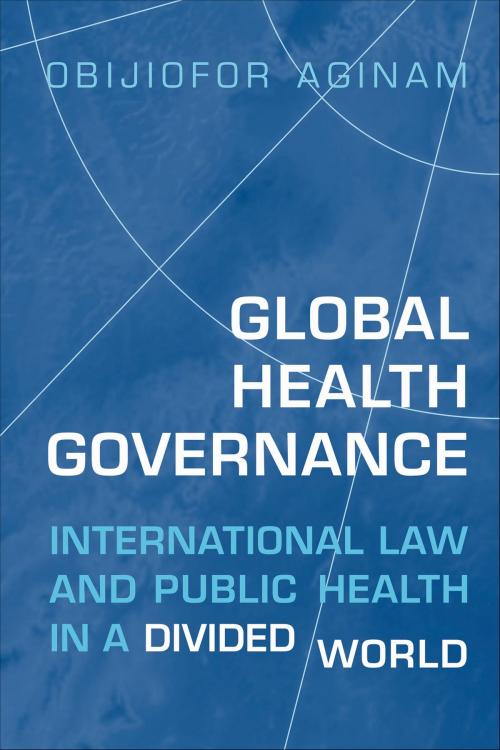Global Health Governance
International Law and Public Health in a Divided World
Nonfiction, Reference & Language, Law, Health, International, Social & Cultural Studies, Social Science| Author: | Obijiofor Aginam | ISBN: | 9781442654228 |
| Publisher: | University of Toronto Press, Scholarly Publishing Division | Publication: | August 5, 2005 |
| Imprint: | Language: | English |
| Author: | Obijiofor Aginam |
| ISBN: | 9781442654228 |
| Publisher: | University of Toronto Press, Scholarly Publishing Division |
| Publication: | August 5, 2005 |
| Imprint: | |
| Language: | English |
Globalization has immersed all of humanity in a single germ pool. There are no health sanctuaries in a globalizing world. In Global Health Governance, Obijiofor Aginam explores the relevance of international law in contemporary public health diplomacy. He focuses on the concept of mutual vulnerability to explore the globalization of disease, in what is paradoxically a global village and a divided world.
Drawing from a wide range of disciplines, Global Health Governance offers a holistic approach to global health governance involving a multiplicity of actors: nation-states, international organizations, civil society organizations, and private actors. Aginam articulates modest proposals under the rubric of communitarian globalism, a paradigm that strives to meet the ideals of 'law of humanity.' These proposals project a humane global health order where all of humanity is inexorably tied into a global compact and where the health of one nation-state rises and falls with the health of others.
International law—with its bold claims to universal protection of human rights and human dignity—is an indispensable governance tool for the reconstruction of damaged public health trust in the relations of nations and peoples.
Globalization has immersed all of humanity in a single germ pool. There are no health sanctuaries in a globalizing world. In Global Health Governance, Obijiofor Aginam explores the relevance of international law in contemporary public health diplomacy. He focuses on the concept of mutual vulnerability to explore the globalization of disease, in what is paradoxically a global village and a divided world.
Drawing from a wide range of disciplines, Global Health Governance offers a holistic approach to global health governance involving a multiplicity of actors: nation-states, international organizations, civil society organizations, and private actors. Aginam articulates modest proposals under the rubric of communitarian globalism, a paradigm that strives to meet the ideals of 'law of humanity.' These proposals project a humane global health order where all of humanity is inexorably tied into a global compact and where the health of one nation-state rises and falls with the health of others.
International law—with its bold claims to universal protection of human rights and human dignity—is an indispensable governance tool for the reconstruction of damaged public health trust in the relations of nations and peoples.















